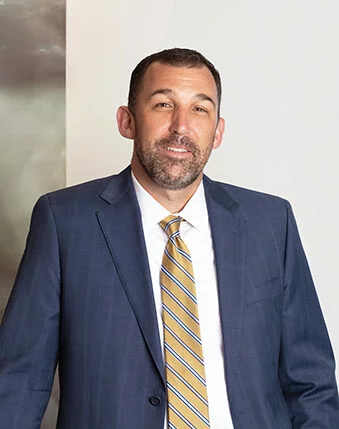With the drawdown of the U.S. Military, many veterans are entering the workforce. Many public employers, and some private employers, have gone out of their way to hire veterans. While most of these are highly motivated and capable employees, there are some terminations from time to time. Minnesota Statutes section 197.46, the Veterans Preference Act, governs the termination of veterans from government jobs.
Employers Covered: 197.46 applies to all “counties, cities, towns, school districts and all other political subdivisions in the state . . . .” In short, any government job in Minnesota from the State on down.
Employees Covered: Not everyone who served in the military is covered. “Veteran” in this context means someone who has served on active duty for 181 days or more, or who was discharged for a service related disability. The employee must also have been discharged under honorable conditions.
Some of these conditions are more complicated than they might seem. Just about anyone serving in the active components will have served 181 days. However, it is possible for persons serving in the National Guard or the Reserves to serve for many years without serving 181 days on active duty. This information will be reflected on the employee’s Form DD214 (The DD214 is a document generated after any period of active duty. Any employee entitled to protection under 197.46 will have one.)
A “disability incurred while serving on active duty” is also not what you might imagine. Certainly we are all aware of veterans who have lost limbs or suffered other injuries which we think of when we think of a disabled veteran. However, a “disability incurred while serving on active duty” can be much more mundane. All it means is that the condition manifested itself while on active duty. Even something as chronic as sleep apnea can be considered service related if it started while on active duty. Keep in mind here that the limiting factor is that the employee needs not only to have the condition, she must have been discharged because of it if she is to avoid the 181 day requirement. An example here would be a recruit who enlisted, and then sustained a disability (for which she was discharged) on day 10 of basic training. She would be protected even though she did not serve 181 days.
A discharge under honorable conditions is another complicated criterion. Every discharge from military service will include a characterization of service. Most veterans’ service will be characterized as “Honorable” “Under Honorable Conditions (General)” or “Under Other Than Honorable Conditions.” Again, the DD214 will indicate the characterization. You may see “entry level” as the characterization. In that case, the employee probably did not serve the requisite 181 days.
Standard for Termination: A covered employer may only terminate a covered employee for “incompetency or misconduct . . . .” The incompetency or misconduct must be related to the employee’s job performance and the employer must be found to have acted reasonably in discharging the employee. Reasons identified by the employer must be supported by substantial evidence. An employer’s decision to terminate the employee must be guided by the veteran’s conduct, the effect upon the workplace and work environment, and the effect upon the veteran’s competency and fitness for the job.
Process: The statute provides qualifying veterans with the right to notification and hearing. The employer must provide the veteran with written notice of the intent to discharge and the “charges” or reasons for the discharge. The veteran then has 60 days to request a hearing, in writing. The written request must also contain the veteran’s election to be heard by a civil service board or commission, a merit authority, or a three-person panel. If the veteran fails to identify the veteran’s election, the governmental subdivision may select the hearing body.
Not all covered employers will have a civil service board or commission or merit authority. But if the employer has one, the veteran has a right to be heard before it.
If not, the hearing will be held by a three person panel. Like many arbitrations, each side picks one person and those two pick a third. There is no requirement that these panel members be attorneys. The veteran will often choose a veteran’s rights advocate; the employer will often choose someone with a human resources or management background.
The hearing board may uphold the termination, order reinstatement, or impose some other form of discipline if extenuating circumstances are found.
Appeal: Either the veteran or the governmental subdivision may appeal from the decision of the board to the district court.
Costs: For disputes heard by a civil service board, the employer bears all costs associated with the hearing but not attorney fees for attorneys representing the veteran. For disputes heard by a three-person panel, all parties bear equally all costs associated with the hearing, but not including attorney fees for attorneys representing the veteran. If the veteran prevails, and if the hearing reverses all aspects of discharge, the employer shall pay the veteran’s reasonable attorney fees.
This information is general in nature and should not be construed as tax or legal advice.


